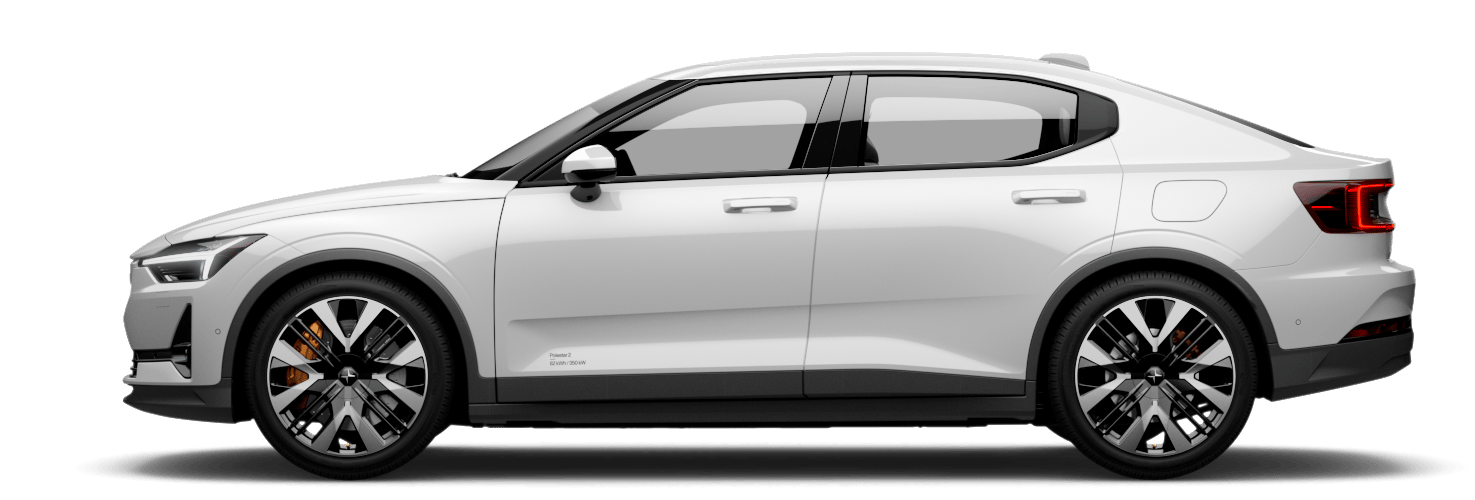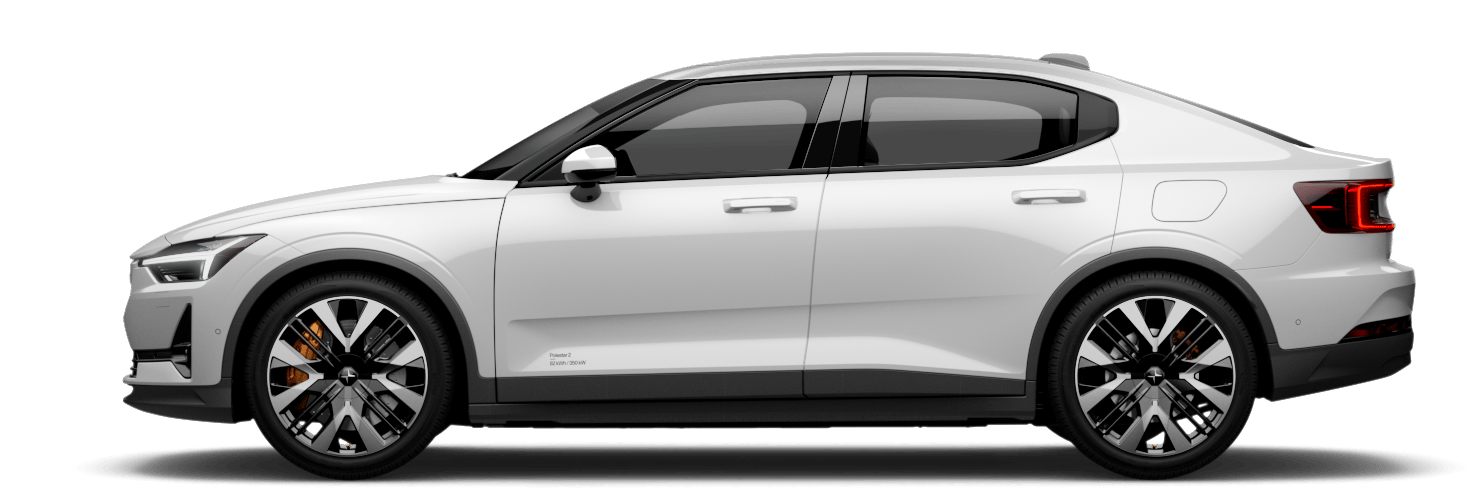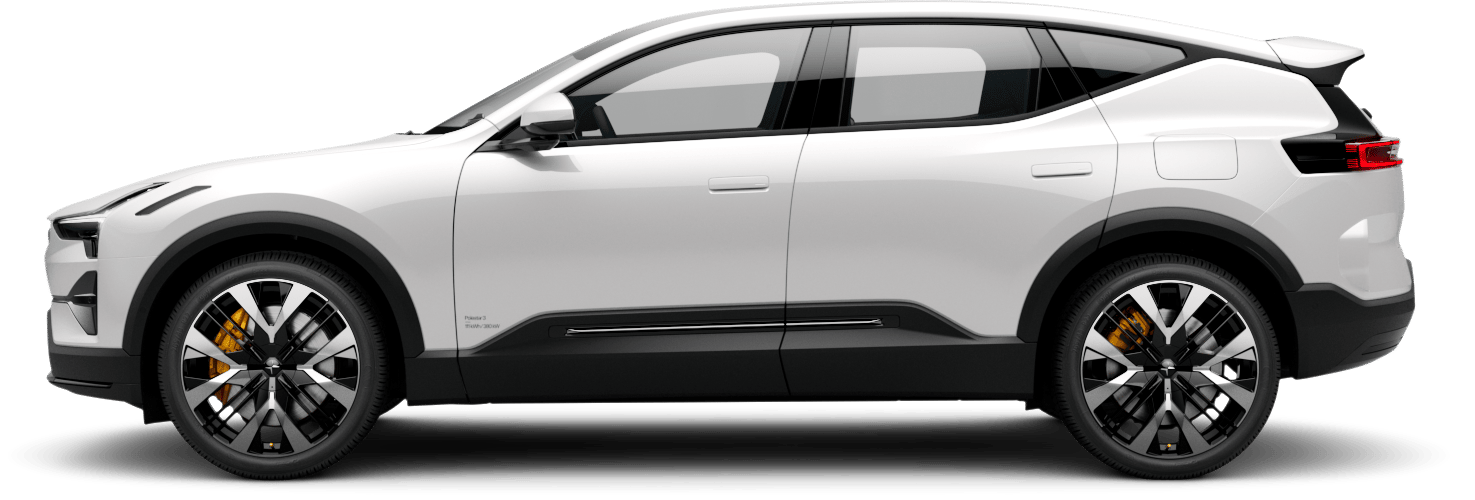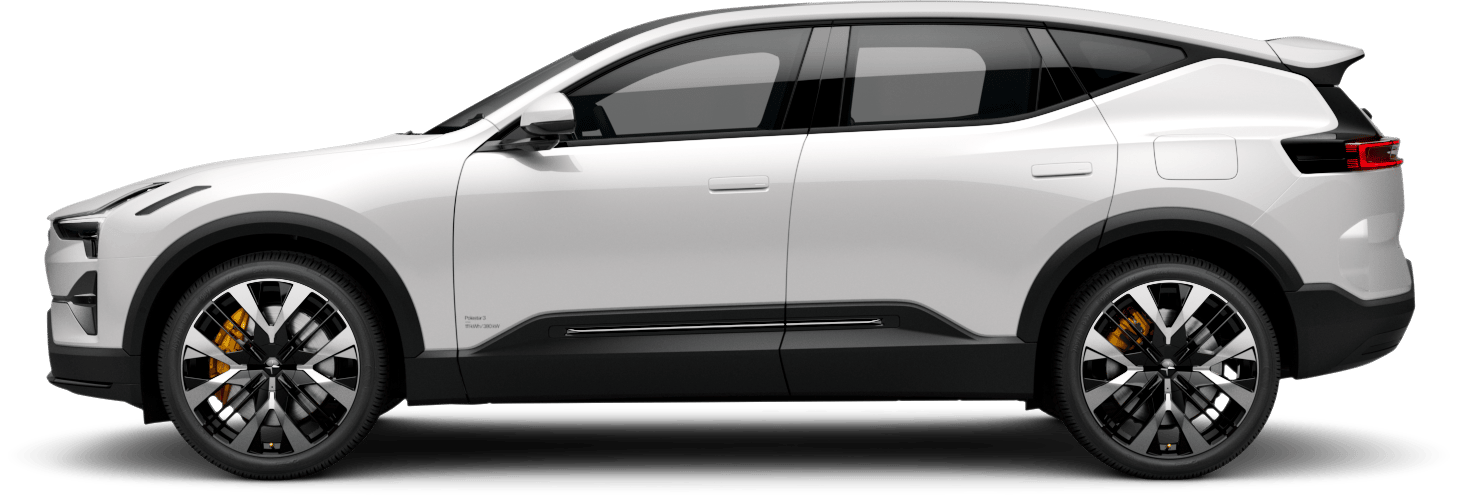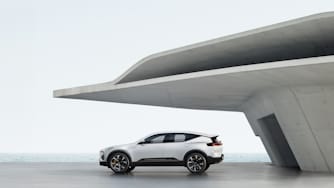First things first: sustainable materials
When facing problems, we are often told to go to the root of the issue. The issue of recycling and sustainability is no different. Climate change cannot be solved through ad-hoc solutions. It requires a restructuring of our manufacturing processes, from beginning to end. Our cars begin with raw materials. So that is where we must start, on our journey towards true sustainability.

We need to start the design by looking at the material, instead of applying a material on top of a design.
Head of Color and Material Maria Uggla and Colour and Material Designer Komal Singh, when asked about Polestar’s approach to sustainability and how we can improve, had a clear answer. Rather than bending materials to fit our designs, we must design to make use of and incorporate sustainable materials. “We need to start the design by looking at the material, instead of applying a material on top of a design” says Uggla.Achieving sustainable design means developing products whose materials can be reused repeatedly. This requires us to design a system where the materials are borrowed and returned within the same system at the products end of life. In essence, sustainability is about creating products that mirror natural life cycles.Usually, the design stage is focused on functionality, quality, and costs for meeting customer requirements. Historically, these concerns have outweighed the importance of sustainability from production to end of life. With the importance of the product design stage in determining future sustainability, we must establish a design process where sustainability is central. Rather than figuring out how to recycle a product at end of life, designers must adopt a pro-active approach where circularity is a main concern at the design stage. “You have to think of the entire loop” stresses Uggla.

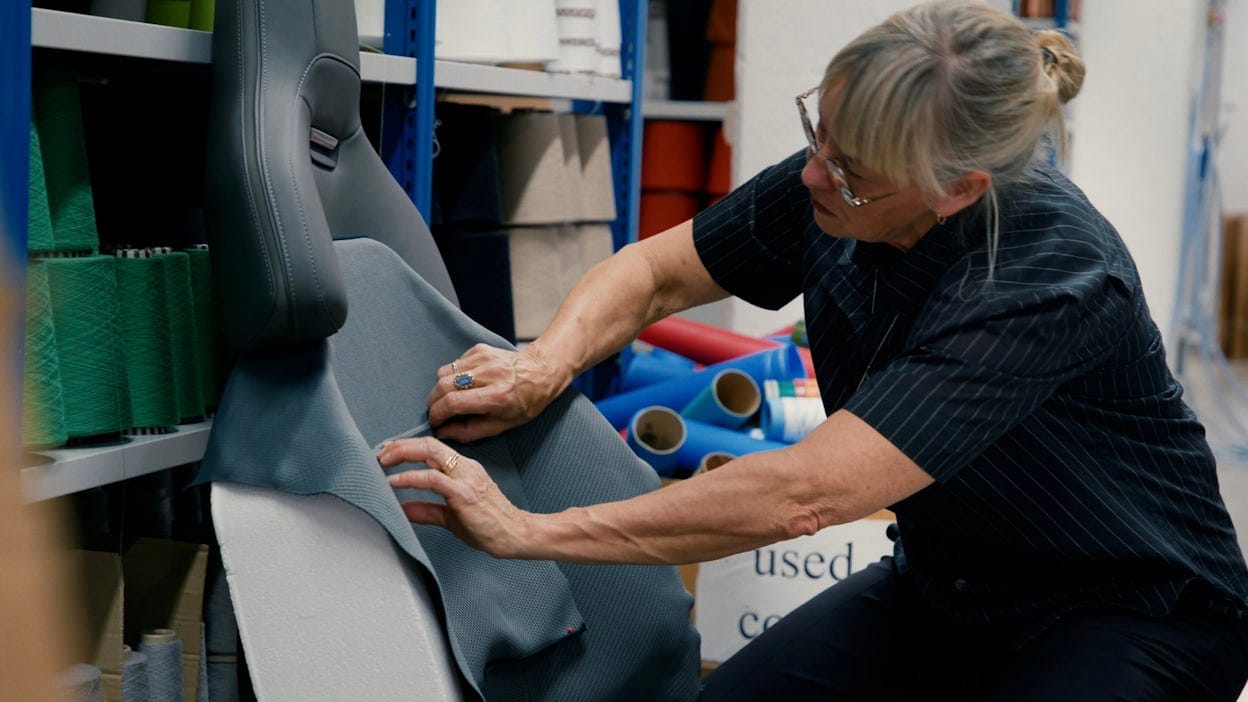


01/02
Accordingly, all barriers to recycling should be designed-out at the production stage to ensure complete circularity. Rather than using waste as a starting point, the virgin material should guide the design. How to use and design the virgin material to make sure it can be recycled repeatedly becomes the main question. This could take the form of materials which biodegrade back into the environment, using mono-materials for a clearer path to recycling, or using construction methods which allow for easy disassembly before recycling.Although sustainability comes first, we cannot ignore the importance of quality and durability in material selection. When asked about balancing the value of sustainability against premium and durability, both Uggla and Singh were confident that one does not necessarily exclude the other. “I think that question comes from this traditional outlook on what premium material is” Singh notes. Designers are charged with the task of creating new premium products where the feelings of luxury and quality go hand in hand with sustainability. Not an easy task by any means, but one that motivates and inspires our designers. “Treating everything as raw material and a blank slate is what makes the designer’s job that much more interesting” enthuses Singh.As an electric car company, we are constantly searching for new and better ways to build our cars in a sustainable manner. The goal is to make the cars climate neutral long before they hit the road. According to Uggla and Singh, the focus lies on constantly evolving, as what was right three years ago, may not be today. Achieving sustainability, therefore, is a journey defined by constant evolution, learning, and iterating often and regularly. This is evident in the sustainability updates our designers and engineers bring to our cars. “When we have better solutions, we make sure that we bring it back into the cars that are running today” states Uggla.The solution to most problems is often found by looking back, starting from the beginning. For us, the issue is sustainability, and it begins with the material. So that’s where we’ll start.
